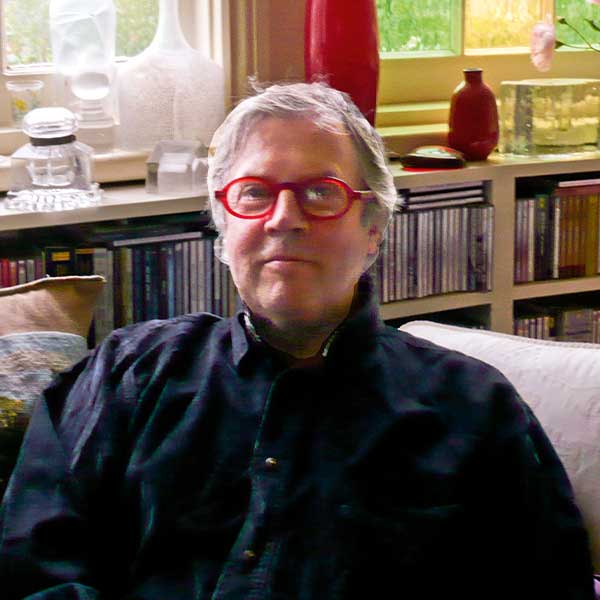Review: THE VIRTUOSO CLARINET (clarinet: Michael Collins; piano: Piers Lane)
This is virtuosity with no excuses. English clarinetist Michael Collins, abetted by Australian pianist Piers Lane, shows just how supple and exhilarating the clarinet can be, in a recital of works drawn from three centuries. The centrepiece is the great Grand Duo Concertant, Op 48, by Carl Maria von Weber. As the title suggests, this is very much a display piece for both instruments, with Lane happily sharing the limelight. Excitement is at the forefront, and the third and final movement is positively charged with drama, before it heads into a deceptive series of finales. The other major work is the premiere recording of a new piece composed in 2009 by clarinetist Simon Milton – his Carmen Fantasy Op 22, which carries with it almost as much bravura excitement as the most famous Carmen paraphrase, by Sarasate for violin. But all the other works, by Gershwin, Rachmaninov, Donato Lovreglio, Milhaud, Messager and Alamiro Giampieri, have their own felicities. Chandos has excelled itself with an up-front recording acoustic which suits the virtuosic nature of the recital. We hear both clarinettist and pianist centre stage as if we are in the choicest of recital hall seats. The clarinet is not my favourite instrument…


